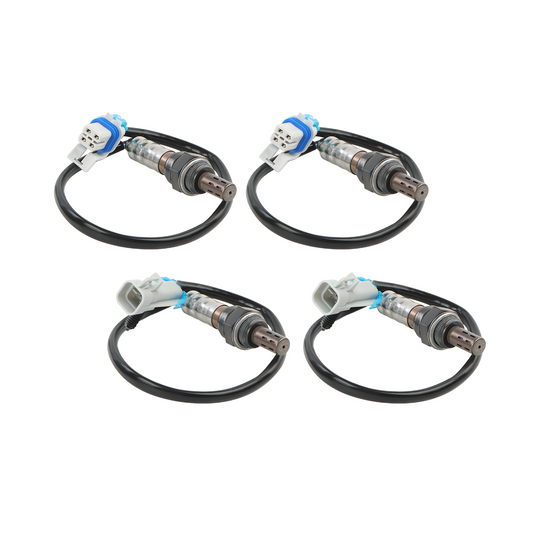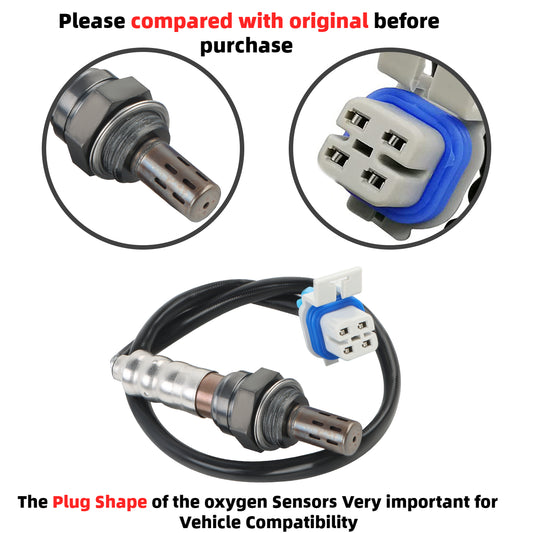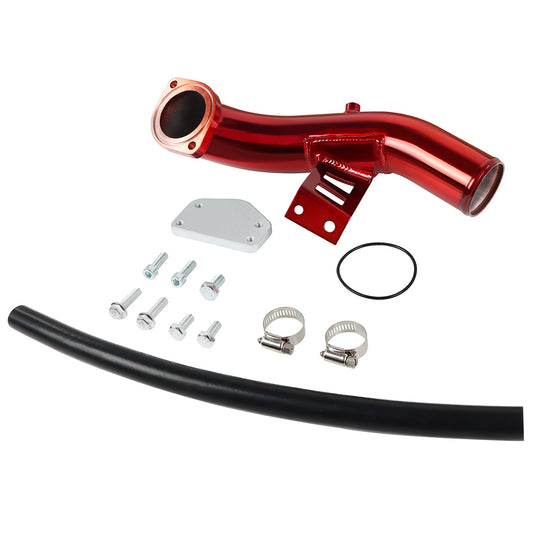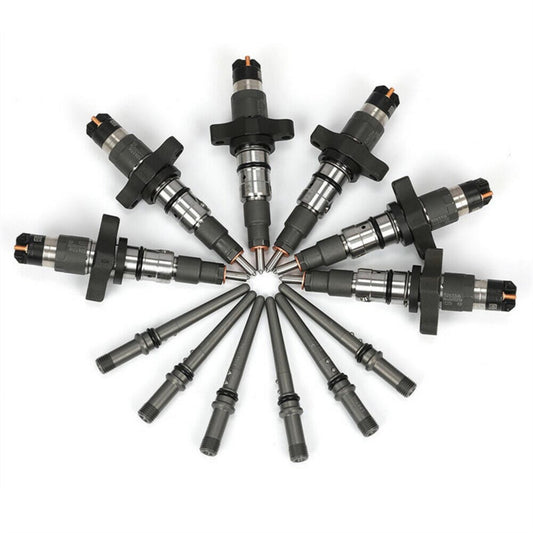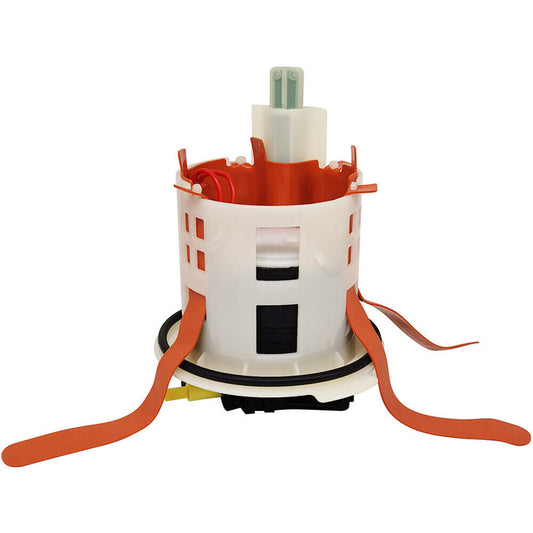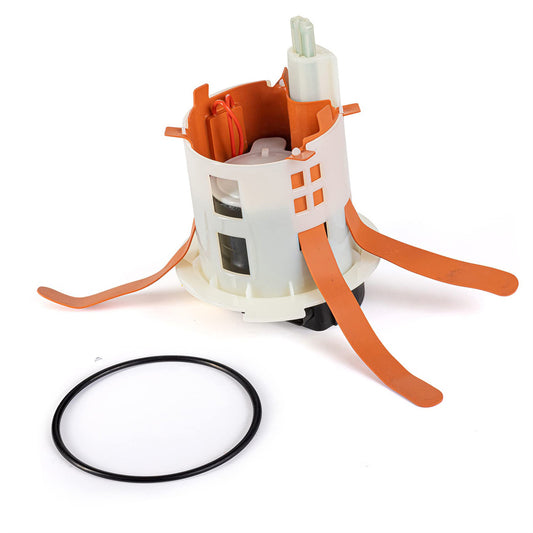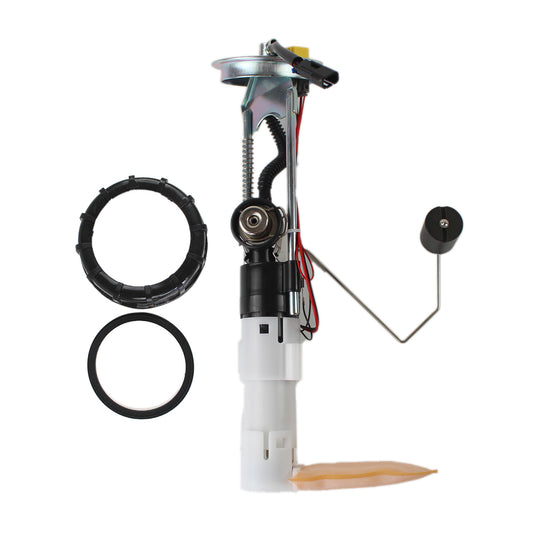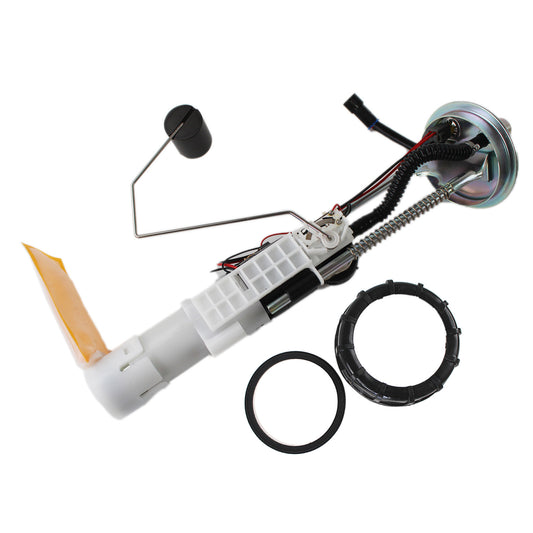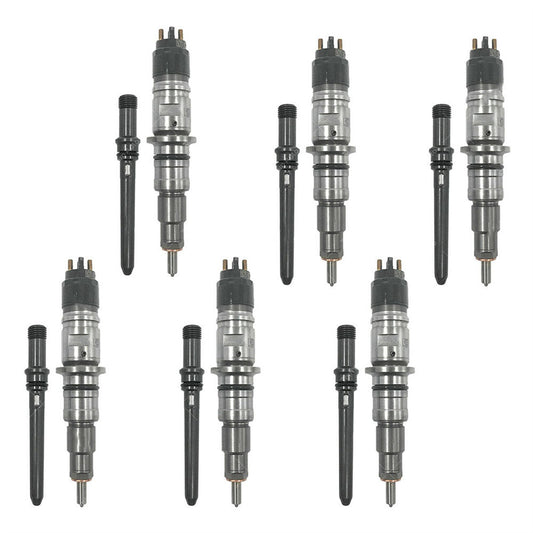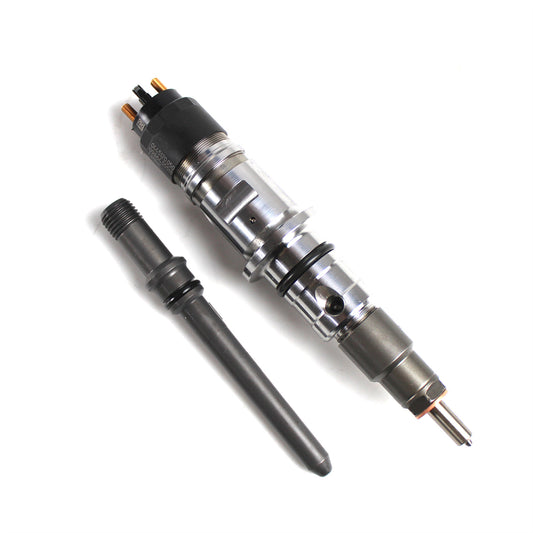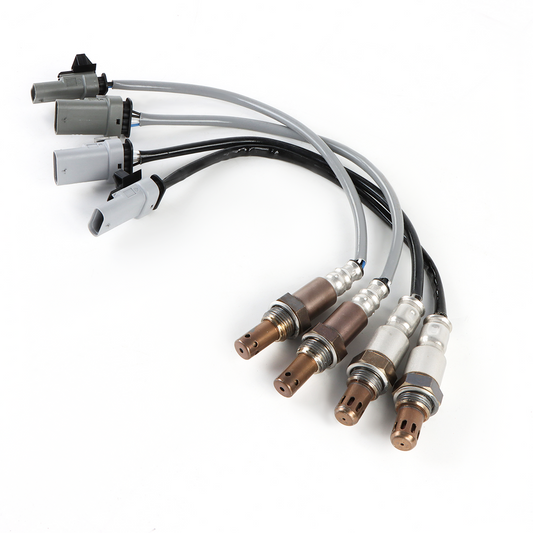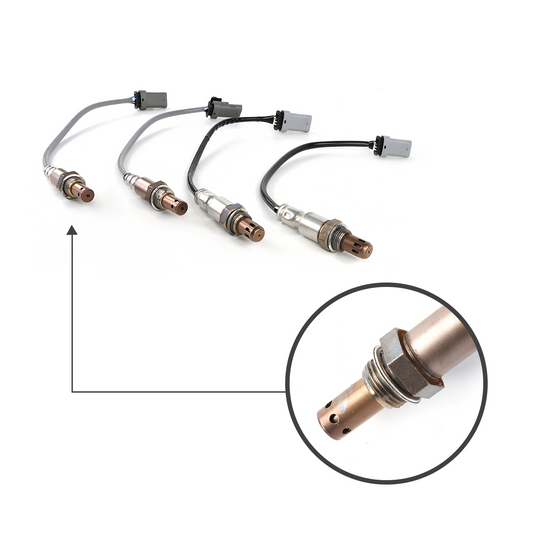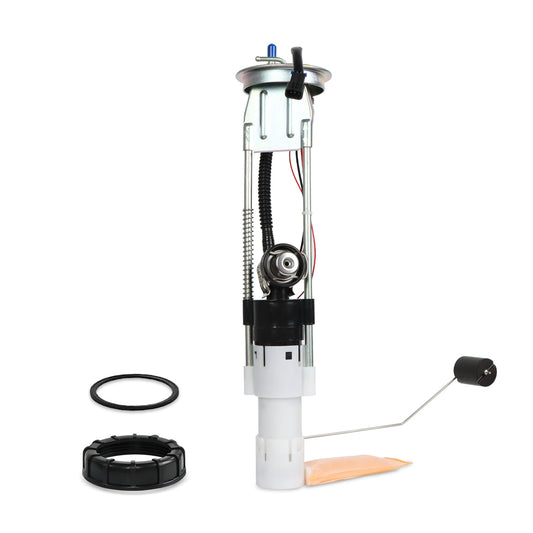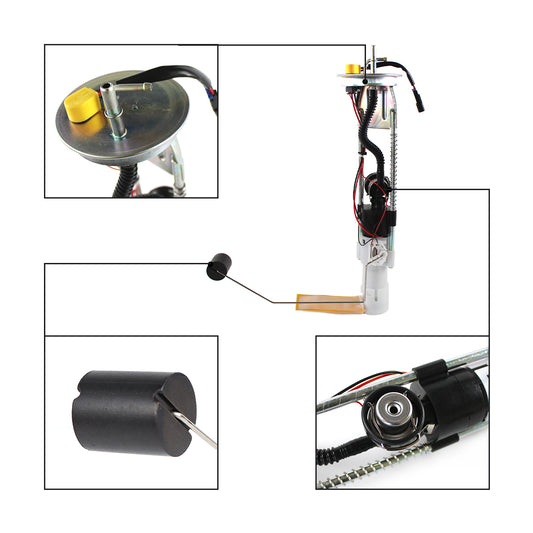Step-by-Step Guide: How to Test a Car AC Compressor
Introduction:
Is your car's air conditioning system not working as it should? The AC compressor plays a crucial role in cooling the air inside your vehicle. If you suspect that the AC compressor may be the culprit, testing it can help diagnose the issue and determine if a replacement is necessary. In this comprehensive blog post, we will provide a step-by-step guide on how to test a car AC compressor. By following these instructions, you'll gain valuable insights into the health of your compressor and make informed decisions about necessary repairs or replacements.
Gather the Necessary Tools:
Before starting the testing process, you'll need to gather a few tools, including a multimeter, pressure gauge, and safety equipment such as gloves and eye protection.
Understanding the AC Compressor:
Familiarize yourself with the components of the AC compressor and its basic operation. This knowledge will help you better understand the testing process.
Visual Inspection:
Perform a visual inspection of the AC compressor and surrounding components to check for any visible signs of damage, leaks, or loose connections.
Testing Electrical Continuity:
Use a multimeter to test the electrical continuity of the AC compressor's clutch and coil. This will help determine if there are any issues with the electrical circuit.
Checking System Pressure:
Connect a pressure gauge to the low-pressure and high-pressure ports of the AC system. Monitor the readings to assess if the system has an adequate refrigerant charge.
Engaging the Compressor:
With the engine running and AC controls set properly, attempt to engage the AC compressor by activating the AC switch. Observe if the compressor clutch engages and disengages correctly.
Analyzing Test Results:
Based on the results obtained from the electrical continuity test and system pressure readings, analyze the data to determine the condition of the AC compressor.
Conclusion:
By following this step-by-step guide on how to test a car AC compressor, you can gain valuable insights into the health and functionality of your vehicle's cooling system. Remember, if you encounter any difficulties or are unsure about the testing process, it is always recommended to seek professional assistance from a qualified mechanic or automotive technician.


